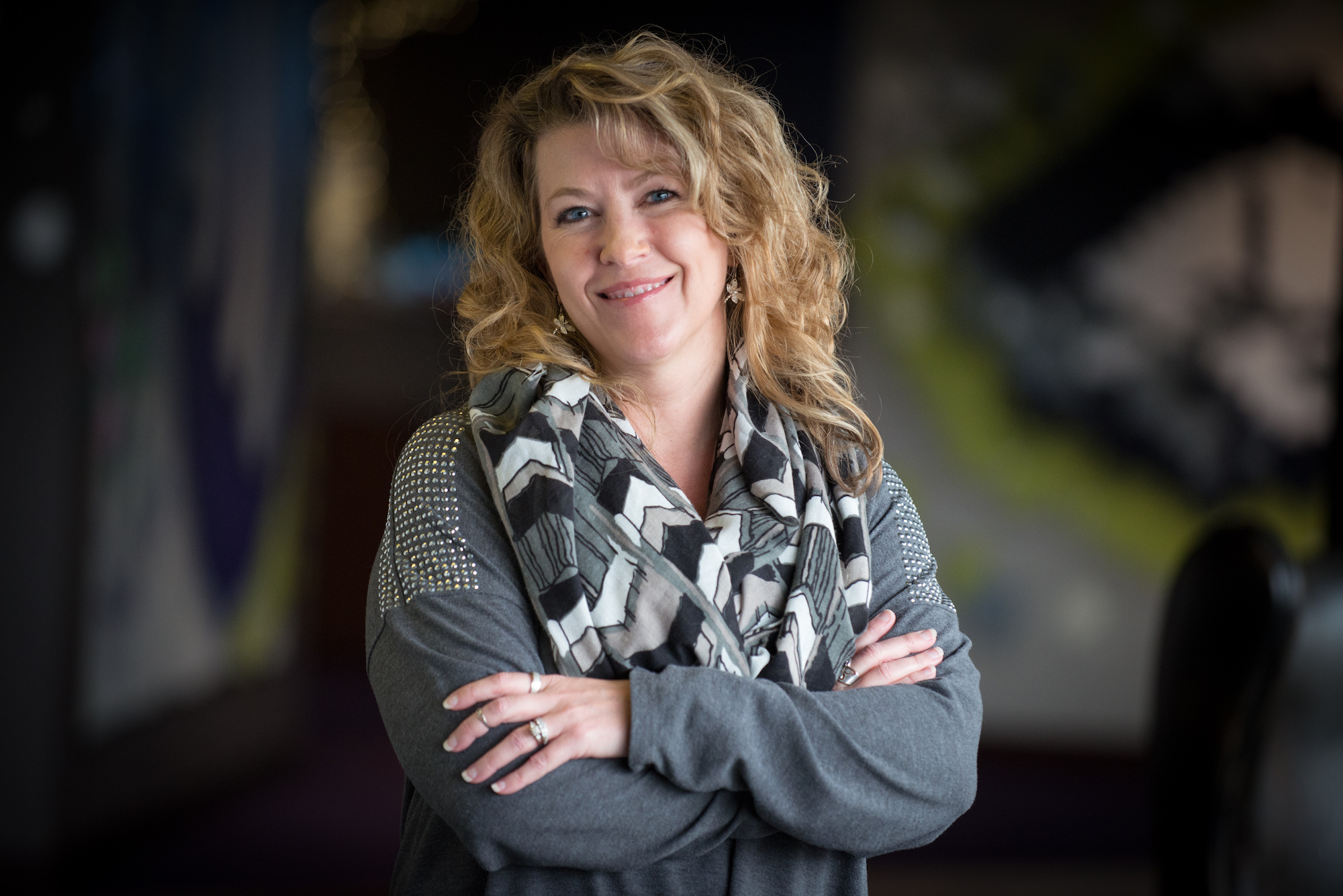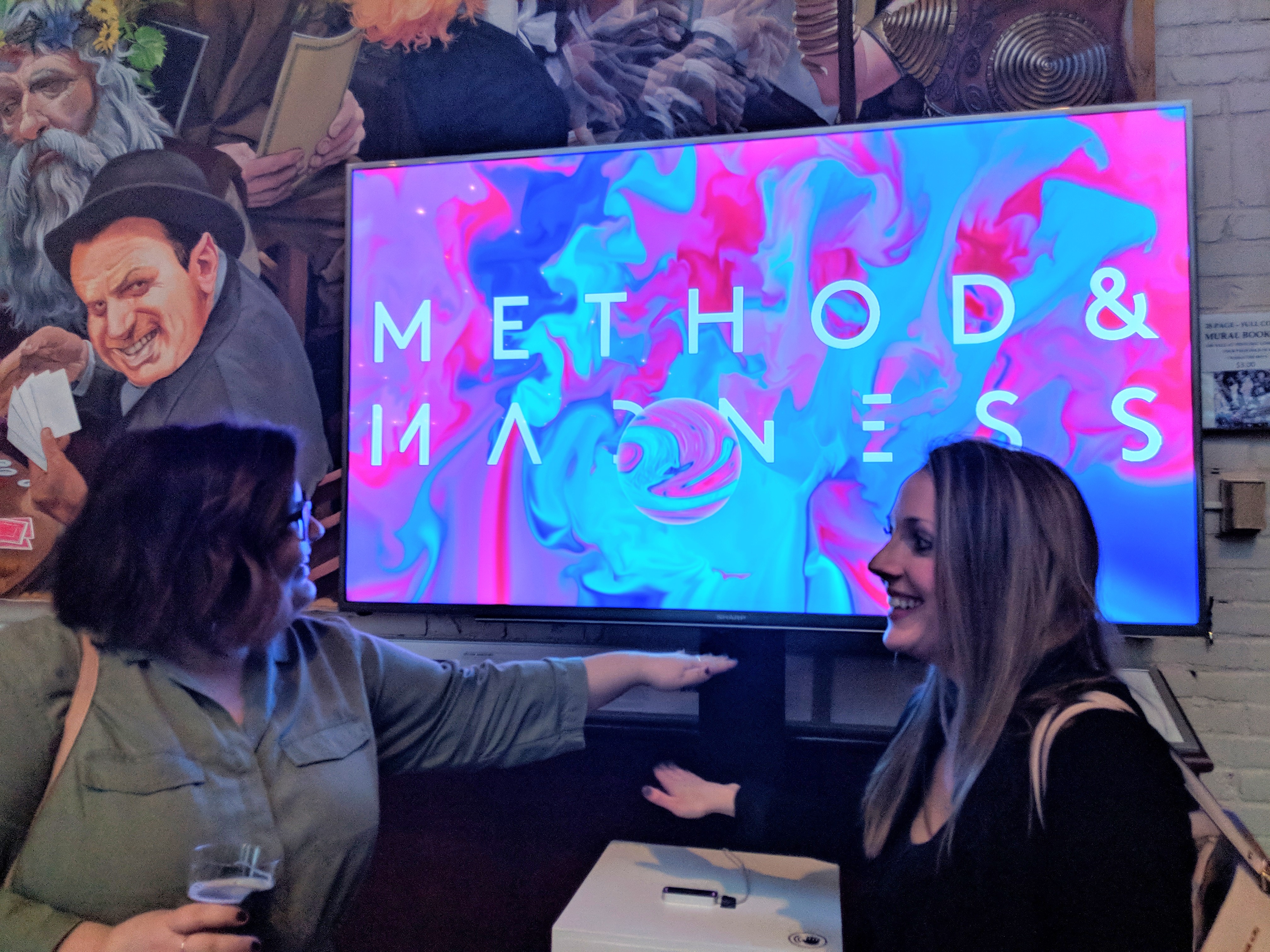Here at Hanson, it’s really important to us to get to know each other. So we occasionally interview one of our own and share out their wisdom to the wider world. We’ve recently talked to Director of Design Chas Ryder, Manager of Market Development Zak Jasinski, and Director of Content Strategy Mindy Withrow. Today, we’re talking to Darin Smith, Senior Project Manager.
Sally: Darin, I understand that you have a degree in accounting and an MBA in management and information systems. How did you end up working in project management for a digital agency?
Darin: A lot of the work I did before coming to Hanson was project management. It just wasn’t called that. So I had the experience, just not the title. The first few years of my career I worked in non-profit fundraising and had a government job. It was at the government job that someone I worked with noticed I had aptitude and interest in the computer systems we worked with (Windows 95 Peer-to-Peer network, LOL) and encouraged me to get some additional education around that—hence the MBA.
I eventually landed at an accounting software company doing technical support—a perfect match of my skill set at that time. That led to consulting engagements for that same company. I learned a lot about requirements, scope management, and client relationship building as I was the lead on these projects.
I ended up at Hanson because someone I worked with previously had accepted a position here. When another position came up, she recruited me. It was a hard sell because I really wasn’t looking for a new job and felt a strong sense of obligation to my employer. But in the end, we agreed this would be a good opportunity for me and I should take it.
The rest is history…
Sally: Once you became more involved in the project management discipline, was there anything in particular that surprised you?
Darin: I’ve always had really good organization skills, but I was surprised by the sheer volume of things we need to manage on digital projects. While the overall process is the same for most projects, the work itself never is. This makes keeping track of everything that much more difficult. And since we never have the luxury of managing just one project, or even just one client, I had to develop good systems to help me keep track of all those things, communicate changes up and down the organization, and all the other things that go with project management.
Sally: I also know you became PMP certified two years ago. How has this impacted your work? Would you recommend it to others in your industry?
Darin: I believe in investing in education—that is one of the few things no one can ever take away from you. The more education you have, the more valuable you are to the workforce, assuming you have the experience to back it up. So in my case, getting my PMP was more about continuing my education in what is now my chosen field. Having said that, having this education does provide me with some different perspective on process, which is always useful in a PM job.
As for others, I would suggest to anyone that is doing project management to get their PMP. As I said before, you never know what will happen in life. Unfortunately, despite really good experience, there are some positions for which you won’t even be considered if there isn’t a PMP on your resume.
In case you hadn’t noticed, risk management is a focus of mine. 🙂
Sally: Can you give us a little taste of the project management process? How important is this process for a digital project?
Darin: I might be biased, but I really think project management is critical for successful projects. There are some who are of the opinion that PMs are glorified admins. We schedule meetings, send out emails and meeting notes, and order lunch if the team has to work over. However, it is so much more complicated than that.
Typically on a project team, we have the account team, strategists, designers, developers, engineers, QA, and sometimes others involved in the process. In addition, projects tend to generate a lot of assets and documentation. Someone has to keep track of all of that.
With the help of the leads, we are like air traffic controllers, trying to keep everything, and everyone moving. And like air traffic controllers, we need to be cool under pressure if we can be—the team’s demeanor will be influenced by that of the PM. If I freak out, they might too.
The PM is also like the center of the wheel and all the team members are the spokes that come to the middle. We are the source of truth for scope, timing, and budget, and are responsible for making sure the team is keeping the work within those boundaries. Without that, most projects would get completely out of hand.
Sally: So it’s pretty safe to say that attention to detail is important in your field. Is this a skill you’ve adapted over time, or something you’ve always had?
Darin: Yes, absolutely critical. I’ve always been pretty organized. I like written To Do lists and file folders and I’m an office supply store junkie. However, this job really made me up my game. Agency life moves really fast! Priorities shift constantly, resourcing plans are good for about 5 minutes, and a client can throw a big wrench into your day or week with a click of the “Send” button. For me, organization makes it possible for me to have a full view of what is going on so I can be flexible and adjust to change and re-prioritize quickly to meet the needs of the clients and the agency.
Sally: Given your time here at Hanson, what advice would you give to someone just starting out?
Darin: I wish my high school guidance counselor would have told me there are jobs out there specifically for people who are pretty nosy and a little bit bossy, LOL. But in all seriousness, you just never know where your life will lead you. If you don’t know what you want to be when you grow up, learn every skill you can and do whatever you’re doing really well. Doors will open for you.





